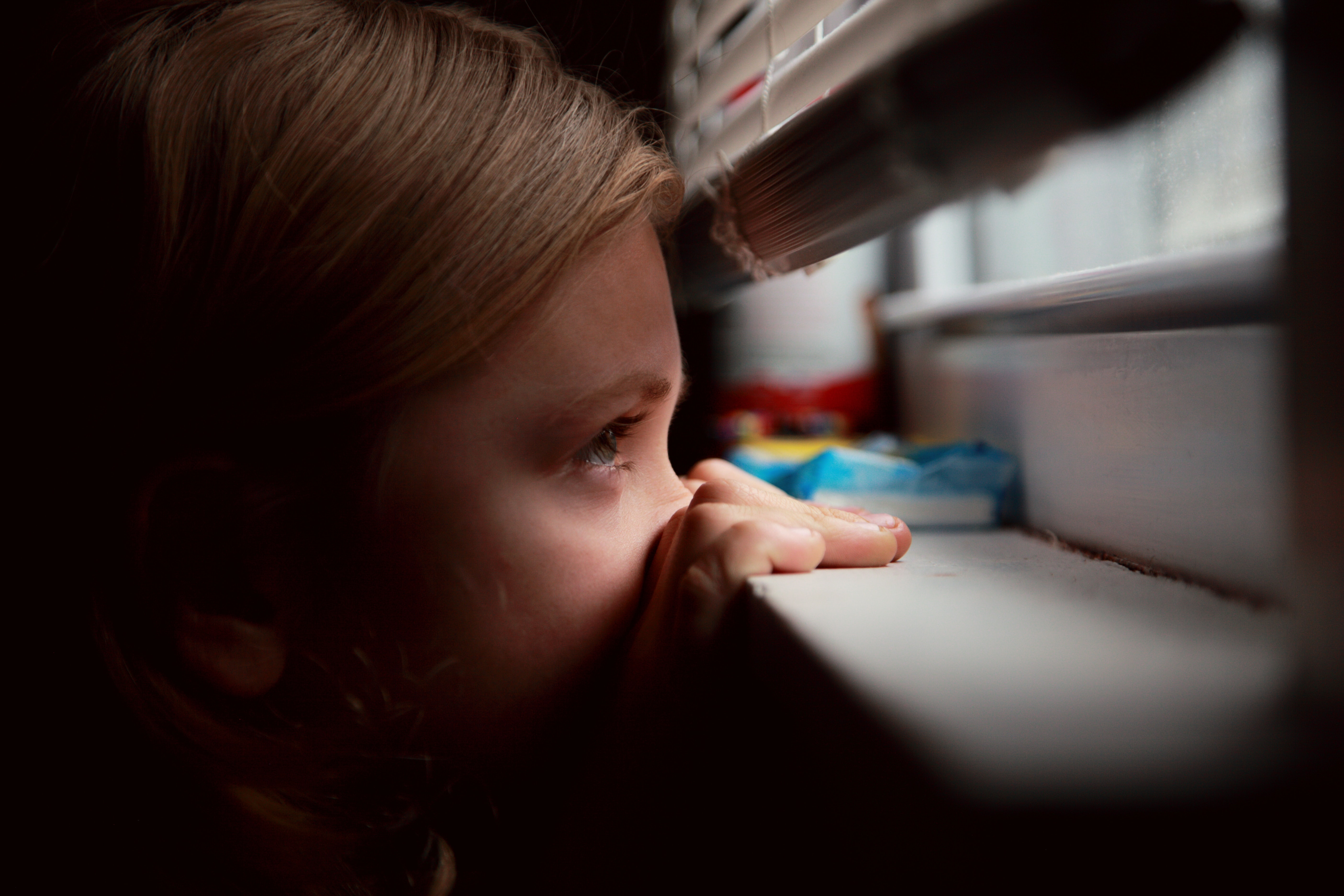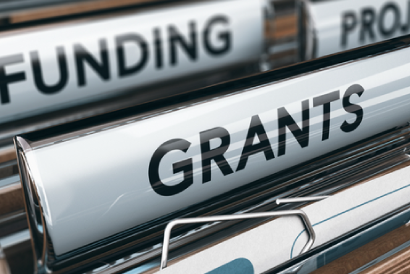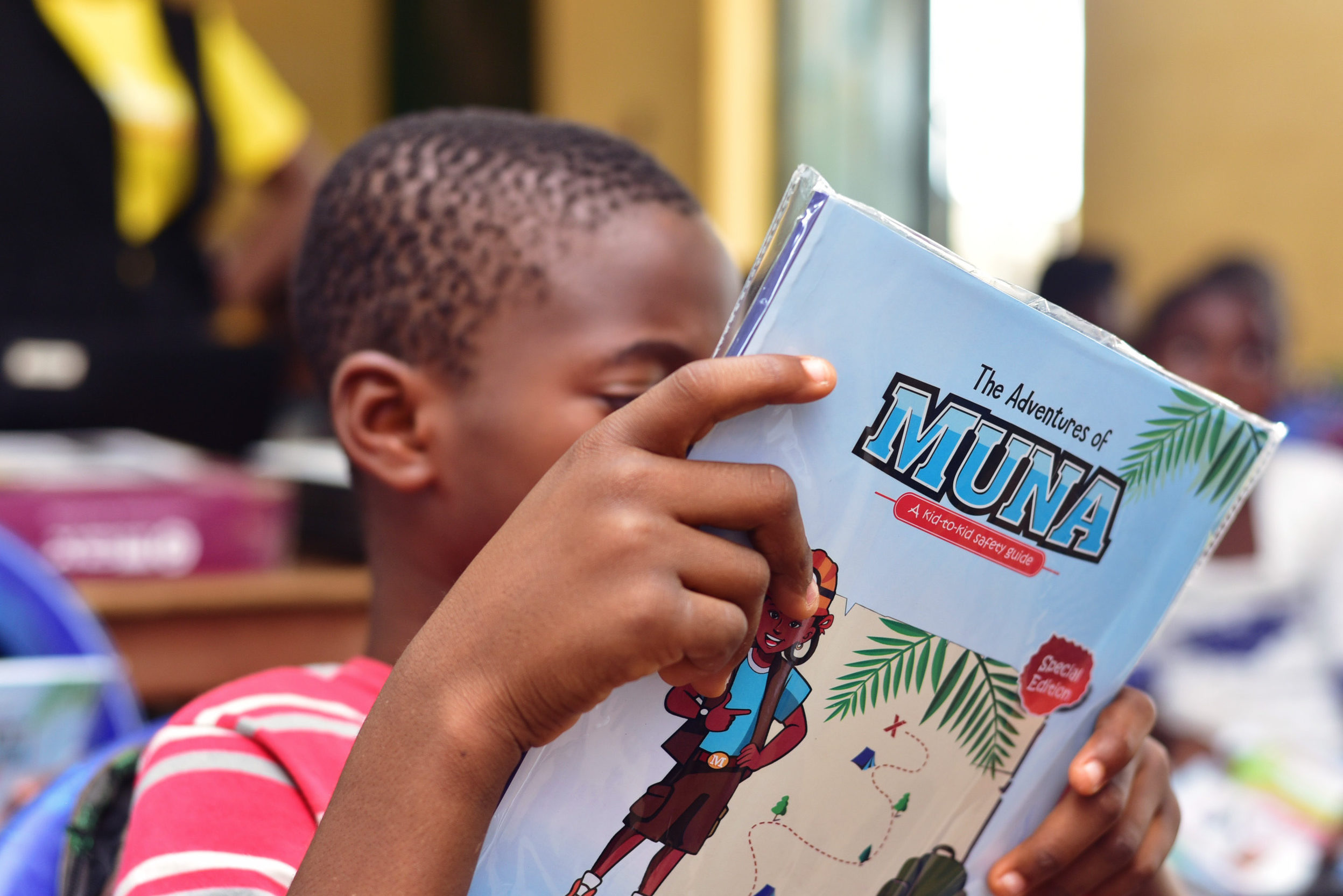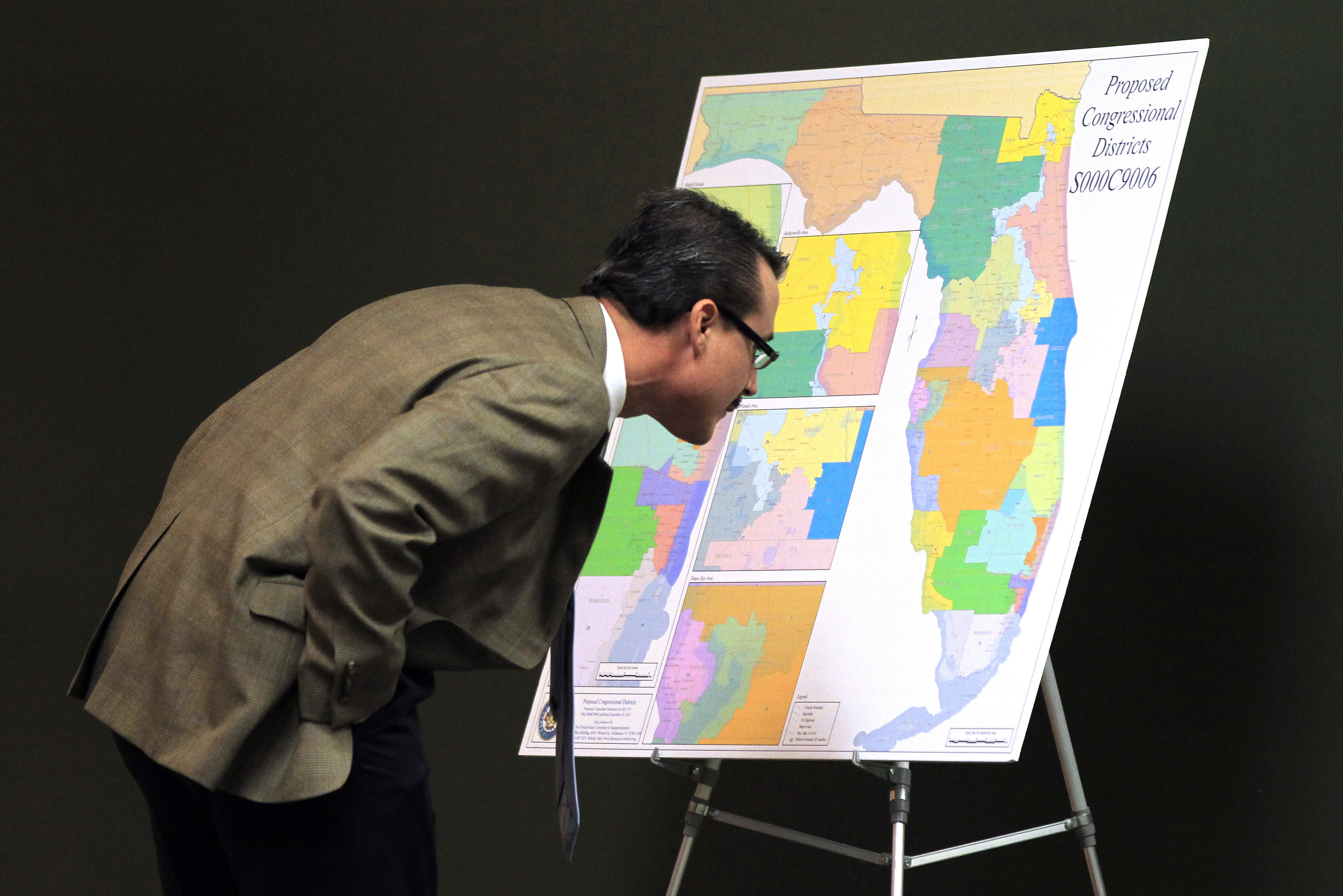By Olivia Van Gundy
Background
Historians and public health professionals have seen contagious diseases define generations. While the world battles COVID-19, one cannot help but recall the toll of SARS, Ebola, HIV/AIDS, the Spanish flu, and the Bubonic Plague in different chapters of history.1 In response to these diseases, governments throughout the world developed public health interventions to try to mitigate the spread. For instance, mandatory quarantine was an aggressive approach that Cuba instituted in 1986 to control HIV. Infected Cubans were confined to sanatoriums on the island until the compulsory policy was relaxed in 1994.2 While the measures were stringent, statistics demonstrated that the approach was extremely effective. By February 2003, the United States reported an infection rate about 10 times higher than that of Cuba, while other Caribbean islands, such as Haiti, had infection rates hundreds of times higher than in Cuba.3
Despite the efficacy, the Cuban approach prompted ethical concerns that are ringing true once again as officials discuss quarantine in response to COVID-19. On March 10, 2020, New York’s Governor Andrew Cuomo announced that New Rochelle, New York, would receive assistance from the National Guard to enforce a containment zone around a growing cluster of COVID-19 cases.4 Additionally, the New York Department of Health has issued guidance that quarantine is required for: (1) persons who are not displaying symptoms, but have been in close contact with a person who tests positive; (2) a person who has traveled to China, Iran, Japan, South Korea, or Italy and is displaying symptoms; (3) and persons who test positive for COVID-19 whether or not they display symptoms.5
Ethics Question
As countries around the world grapple with COVID-19, potential containment measures should be weighed with the ethical ramifications in mind. The key question is, “Is the use of mandatory quarantine as a public health measure ethically justifiable?†Mandatory quarantine has so far been utilized by China, South Korea, Japan, Italy, and the United States. According to the Centers for Disease Control and Prevention, the federal government has the legal authority to impose measures to prevent the entry of and spread of communicable diseases. The CDC is the authority to carry out these functions, such as banning international travelers from entering the United States. States have their own laws and police power to control the spread of disease within their borders through isolation and quarantine.6 Despite this codification through law, the ethics of utilizing mandatory quarantine ought to be seriously considered.
Ethics Values
Analyzing disease containment methodologies involves the tension between the community and the individual. The beneficence principle can be applied to both the individual and the community. As described by Darr, beneficence involves: (1) providing benefits and (2) balancing benefits and harms (utility).7 The government’s responsibility to provide benefits can be applied both to the entire community or to each individual citizen. This tension can be put to rest if one applies utilitarian perspective and decides to benefit the most people as possible, which would prioritize the community over the individual. Mandatory quarantine would therefore be ethically sound, as putting it into effect would maximize the number of people who would be protected. Taking analysis to a deeper level, one could argue that mandatory quarantine would both benefit the wider community by limiting exposure and benefit the quarantined individual by providing specialized care. For instance, the sanatoriums used in Cuba during the HIV epidemic provided infected individuals with food, housing, medication, social services, as well as preventative educational programming. To this day, some infected individuals choose to remain at the sanatoriums because they prefer the environment, food, and institutional support.8 However, recent critics of mandatory quarantine to combat COVID-19, including the American Civil Liberties Union, highlight the potential harm a mandatory quarantine can impose on individuals. The ACLU in particular expresses concern that ordering people into quarantine can put them at risk of losing their jobs and their ability to provide for dependents.9
Critics of mandatory quarantine often cite that it violates individual liberties and is therefore unethical. Darr discusses that a critical ethical principle is autonomy, which is defined as allowing one to be self-governing. Darr highlights that in tension with autonomy is paternalism, the concept that one person knows what is best for another.10 Of particular importance to understanding quarantine is how it may violate or be structured in a way to respect autonomy. Mandatory quarantine when exercised without the voluntary consent of an infected person would be paternalistic and disregard the individual’s decision-making authority.
Lastly, mandatory quarantine involves the ethical principle of justice with regards to resource allocation. Voluntary self-quarantine has recently been recommended for those who are not sick or who are experiencing mild symptoms of COVID-19 as a measure to reduce the use of in-demand resources, saving them for those most in need. The same ethical concept of justice can be applied to mandatory quarantine. If people are limiting their risk of exposure by staying in their homes, it makes resources more available for those who need it most. The New York City Department of Health issued a fact sheet that repeatedly advises citizens that staying home ensures healthcare resources go to those who need them most.11 Quarantined individuals are less likely to get ill enough to require care, unknowingly spread the disease, or contribute to an overwhelmed healthcare system by seeking care when it is unnecessary, which consequently makes care less available to the neediest individuals.
Potential Options
In response to the ethics question, one option is that mandatory quarantine is justifiable because in an emergency, individual liberties must be put aside for a greater public good. Public health and government officials are currently utilizing this approach as they plead with the public to follow social distancing and self-quarantine recommendations for the good of the wider community. The community will benefit from reduced spread of infection and less stress on the resources necessary to provide care with fairness. Officials are also applying the language when ordering the more forceful mandatory quarantine in confirmed infection cases. For example, Mayor Bill DeBlasio said in a recent press release, “I cannot reiterate enough that if you feel sick, stay home; we need every New Yorker to do their part to keep their neighbors safe.â€12 As the life-threatening disease infects an increasing number of people, the impact the disease can have must be carefully considered; the number of people potentially infected, the severity of each case, and the potential damage to the systems imperative to justly distributing care are critical to deciding how mandatory quarantine may reduce risk for a wider community.
Conversely, another option is that mandatory quarantine is not ethically justifiable because individuals are being harmed. As stated earlier, quarantine has the potential to put people at economic risk. The recent decision in New York City to encourage self-quarantine by closing public spaces, including restaurants, has already incited panic for workers. There are some types of work that cannot be done from home or do not provide paid sick leave.13 Individuals without an economic safety net, such as the poor, elderly, or workers lacking employment benefits, are vulnerable if quarantined. They might be financially harmed and unable to access basic necessities for life, including food or shelter. Even if authorities provide food and shelter, mandatorily quarantined individuals are unable to make choices about where they go or whom they contact, which is harmful to their freedom of movement and need for socialization.
Recommended Option
After considering the ethical principles involved and potential options, the recommended option is to consider mandatory quarantine as an ethically justifiable action. COVID-19 is becoming an example of how matters of mortality, community benefit, and justice ought to be prioritized over individual freedoms. The ACLU recently expressed recognition that during a disease outbreak, individual rights must sometimes give way to a greater good provided that science supports the effectiveness and proportionality of measures such as quarantine.14 If mandatory quarantine is proven by science to effectively combat and contain the deadly COVID-19, it is therefore justifiable. Additionally, mandatory quarantine is a just action if it enables the healthcare systems to fairly serve the community.
It has also been observed through the COVID-19 pandemic that proof of the effectiveness of quarantine can motivate people to electively quarantine to protect the vulnerable. This middle ground additional measure simultaneously benefits community health and protects autonomy. If people become aware of how their quarantine would protect others, personal values drive them to follow the recommendation. Eliciting cooperation can persuade and educate citizens into voluntarily quarantining, which further controls infection, relieves the burden on healthcare providers, and protects autonomy.
Preventing Ethical Conflict
A preventative measure that has been discussed at length in the news is the power of rapid and widespread testing for disease. If officials can provide the community with conclusive test results quickly, then early intervention will better prevent infection spread, and the number of people who need to be quarantined may be reduced. Looking back at the HIV epidemic in Cuba, testing was critical in preventing transmission and the number of people who were subjected to the sanatoriums. Experts believe the intensive testing strategy enabled the government to perform contact tracing and contain the spread, which is why Cuba has the lowest HIV/AIDS prevalence in the Caribbean.15 Millions of others are spared from disease, quarantine, and the deprivation of autonomy if the first carriers of a disease can be identified and quarantined. To make this possible, funding for emergency response agencies and scientific research is imperative. Robust scientific research is capable of quickly developing a test and possibly a vaccine. Well-supported emergency response teams assist with dispensing the protective resources to the community and performing contact tracing efficiently. Together, disease spread can be mitigated, and the number of individuals required to quarantine significantly reduced.
Olivia Van Gundy is a second year MPA-Health student interested in the relationship between healthcare management and policy. Olivia has performed policy research for the Department of Health and Human Services (HHS) Office of the Inspector General. She is currently applying her skills as an intern supporting the Quality Improvement team at NYU Langone’s Department of Orthopedics.
Bibliography
1. Jones, David S. “History in a Crisis — Lessons for Covid-19.†The New England Journal of Medicine, 12 Mar. 2020, doi:10.1056/NEJMp2004361.
2. Hansen, Helena, and Nora Groce. “Human Immunodeficiency Virus and Quarantine in Cuba.†Human Immunodeficiency Virus and Quarantine in Cuba, vol. 290, no. 21, 2003, doi:10.1001/jama.290.21.2875.
3. Hoffman, Sarah Z. “HIV/AIDS in Cuba: A Model for Care or an Ethical Dilemma?†African Health Sciences, vol. 4, no. 3, Dec. 2004, pp. 208–209., https://www.ncbi.nlm.nih.gov/pmc/articles/PMC2688320/#R5.
4. “Governor Cuomo Accepts Recommendation of State Health Commissioner for New Emergency Measures to Contain Novel Coronavirus Cluster in New Rochelle.†Governor Andrew M. Cuomo, New York State, 11 Mar. 2020, www.governor.ny.gov/news/governor-cuomo-accepts-recommendation-state-health-commissioner-new-emergency-measures-contain.
5. “Novel Coronavirus (COVID-19).†New York State Department of Health, New York State Department of Health, 2020 Mar. 14AD, health.ny.gov/diseases/communicable/coronavirus/.
6. “Legal Authorities for Isolation and Quarantine.†Centers for Disease Control and Prevention, Centers for Disease Control and Prevention, 24 Feb. 2020, www.cdc.gov/quarantine/aboutlawsregulationsquarantineisolation.html.
7. Darr K. Ethics in Health Services Management. 2019. 6th ed. Baltimore, MD: Health Professions Press. 28.
8. Anderson T. HIV/AIDS in Cuba: lessons and challenges. Rev Panam Salud Publica. 2009;26(1):78–86.
9. Feuer, William. “Life under Quarantine: Civil Rights Activists Criticize ‘Unprecedented’ Coronavirus Lockdowns as Evacuees Bond at Super Bowl Party.†CNBC, CNBC, 5 Feb. 2020, www.cnbc.com/2020/02/05/life-under-quarantine-civil-rights-activists-criticize-unprecedented-coronavirus-lockdowns.html.
10. Darr K. Ethics in Health Services Management. 2019. 6th ed. Baltimore, MD: Health Professions Press. 27.
11. “Novel Coronavirus Outbreak Factsheet.†Coronavirus Disease 2019 (COVID-19) – NYC Health, NYC Health, 15 Mar. 2020, www1.nyc.gov/site/doh/health/health-topics/coronavirus.page.
12. “Mayor De Blasio Provides Updates on New York City’s COVID-19 Response.†The Official Website of the City of New York, Office of the Mayor, 8 Mar. 2020, www1.nyc.gov/office-of-the-mayor/news/124-20/mayor-de-blasio-provides-on-new-york-city-s-covid-19-response.
13. Miller, Claire Cain, et al. “Avoiding Coronavirus May Be a Luxury Some Workers Can’t Afford.†The New York Times, 1 Mar. 2020, https://nyti.ms/38h2G3f.
14. “Can We Trust the Government to Respond to the Coronavirus in a Fair and Effective Manner?†American Civil Liberties Union News and Commentary, American Civil Liberties Union, 2 Mar. 2020, www.aclu.org/news/national-security/can-we-trust-the-government-to-respond-to-the-coronavirus-in-a-fair-and-effective-manner/.
15. De Arazoza, H, et al. “The HIV/AIDS Epidemic in Cuba: Description and Tentative Explanation of Its Low HIV Prevalence.†BMC Infectious Diseases, vol. 9, no. 7, Nov. 2007. Pubmed, doi:10.1186/1471-2334-7-130.




